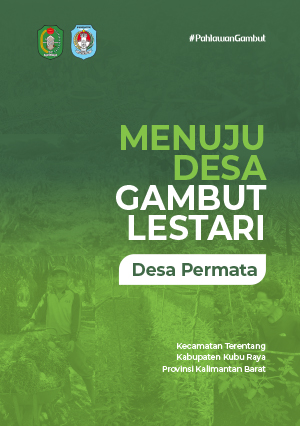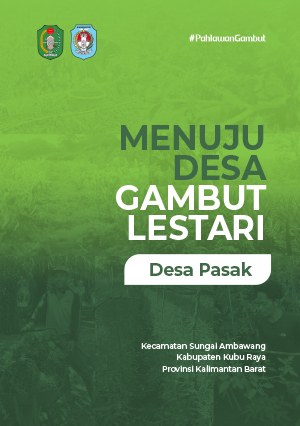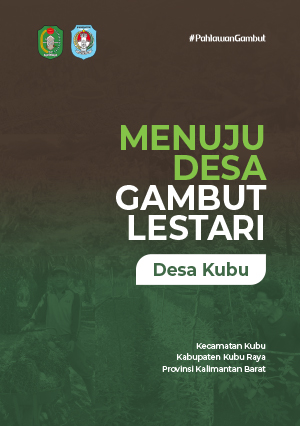Download:
DOI:
https://doi.org/10.17528/cifor/002344Score Altmetric:
Dimensions Nombre de citations:
Année de publication
2007
Auteurs
Moeliono, M.; Limberg, G.; Gonner, C.; Wollenberg, E.; Iwan, R.
Langue
Indonesian
Mots clés
poverty, causes, rural communities, wellbeing, household surveys, monitoring, decentralization, local government, natural resources, development planning, guidelines
Géographique
Indonesia



















